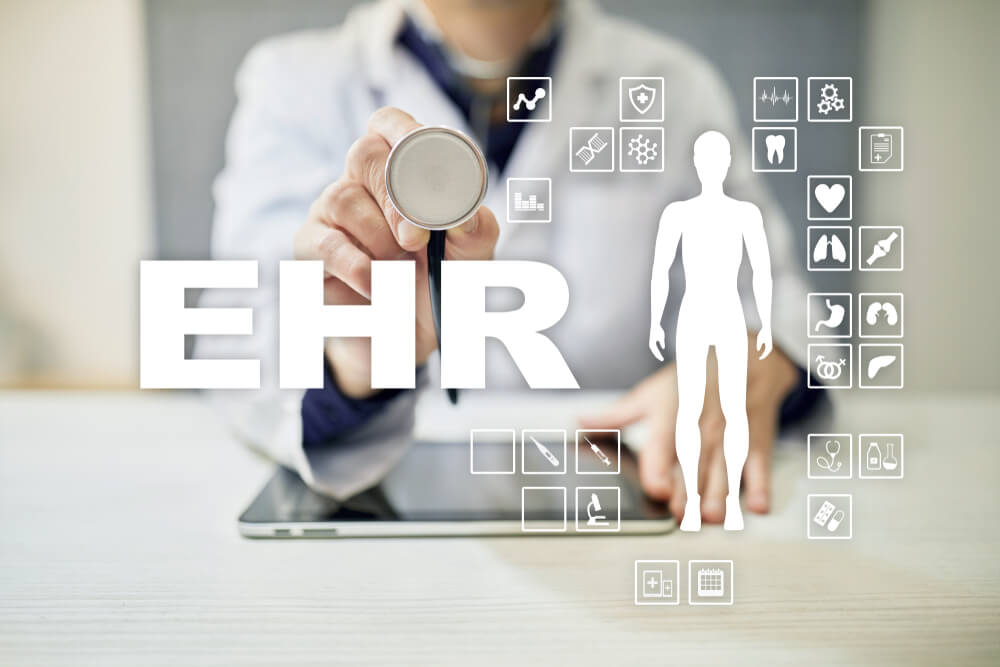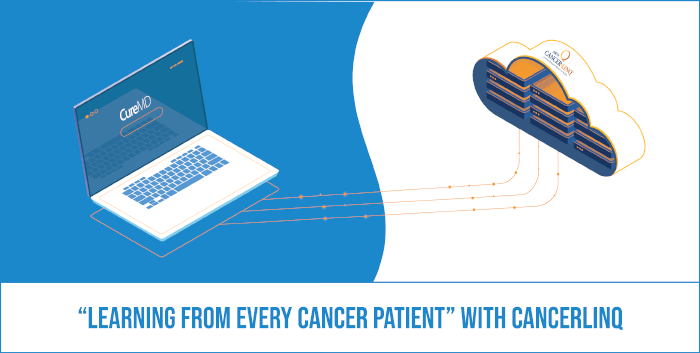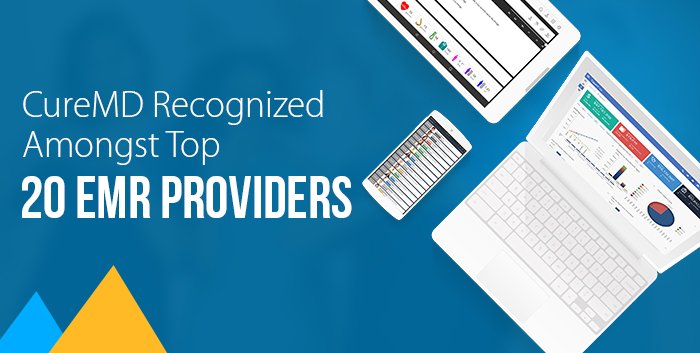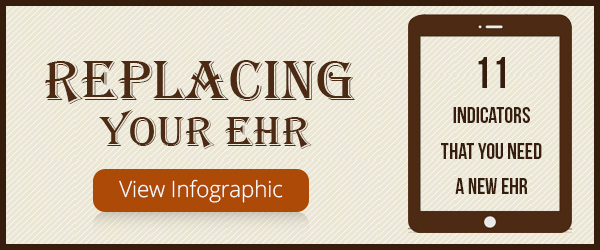Patient privacy and confidentiality remain a daunting concern when it comes to EHRs. Since they store and handle a plethora of sensitive patient information, you must choose EHRs with informational functionality that ensures protecting the privacy of your patients. EHRs thrive on the concept of easy information sharing across geographic locations, clinical boundaries, and specialties. Read more…
EHR Software
EHR FAQ’s – Frequently Asked Questions about Electronic Health Records
Electronic Health Record (EHR) is a magical health IT tool widely celebrated for promoting interoperability across the healthcare industry. Electronic Health Record (EHR) is a magical health IT tool widely celebrated for promoting interoperability across the healthcare industry. Here are some of the most frequently asked questions regarding EHRs answered: Read More : Complete Guide: Read more…
How EHR Helping in Treatment of Vulnerable Patients During COVID-19
Communicating with the patients during times of uncertainty can significantly alleviate patient anxieties and address their questions and concerns. The COVID-19 pandemic has reshaped and radically transformed the entire healthcare landscape. It has altered how physicians practice medicine, primarily how they communicate with and reach out to the most vulnerable patient communities. Leveraging innovative health Read more…
Three Ways Doctors Can Use EHRs to Treat COVID19 Patients
While Electronic Health Record (EHR) has witnessed a huge boom in the wake of the COVID-19 pandemic, it has paved the path for the proliferation of telehealth facilities, through advanced data analytics and EHR dashboards. It goes without saying that the outbreak of this life-threatening pandemic has exerted significant influence on population health and wellbeing. Read more…
How CancerLinQ is Improving Physician Performance
Every day providers encounter obstacles while planning effective treatments for oncology patients. Some of it is caused by the intractable nature of the disease, but a lack of access to data is a significant problem as well. Despite the fact that Big Data exists, the average practice doesn’t have access to it, adversely impacting patient Read more…
Balancing Behavioral Health in NC: ORH’s Call for Statewide Implementation
Behavioral Health is another term used to describe Mental Health by psychologists and psychiatrists. North Carolina follows the same set of laws for behavioral health as the rest of the states. Legal position in North Carolina: Mental Health “Parity” or Equal Coverage Laws These laws state that there should be no discrimination between the coverage Read more…
Top 20 EMR Providers
CureMD has been servicing practices across the US for over twenty years now and has received numerous accolades during that time. With an easy-to-use interface and amazing customer service, CureMD’s Electronic Medical Records (EMR) software caters to 32 specialties and helps physicians and office staff efficiently manage their daily operations. The company has also been Read more…
9 Steps to Successful EHR Implementation
Healthcare organizations need an efficient way to process and share care delivery information to increase productivity, deliver better quality care, save money and ensure compliance. Properly Switching EHR can deliver on this promise, and provide the most benefits associated with adopting digital technology. Are you ready? It comes as no surprise that technology continues to be an Read more…
11 indicators that you need a new EHR
Often so deeply immersed in looking for ways to make their practice more efficient, physicians sometimes fail to see the most obvious hurdle preventing this very process from occurring; their EHR. If your Electronic Health Record (EHR) solution is not up to the mark, you might be losing out on precious profits, and incurring costs Read more…
3 Reasons to love Electronic Health Records (EHRs)
The considerable scientific advancements in the practice of medicine, along with the ever-increasing use of technology, have markedly changed the healthcare industry. A medical practice today no longer functions as it did in the past. Physicians are relying more and more on technology rather than paper charts, to assist them with better patient care. EHRs Read more…








